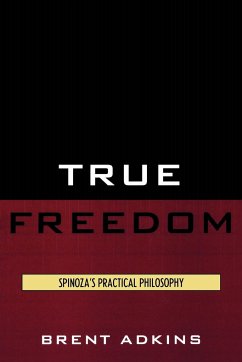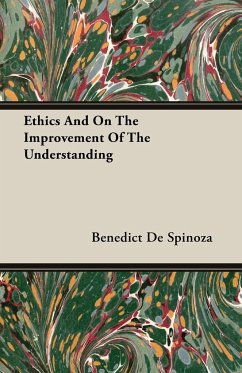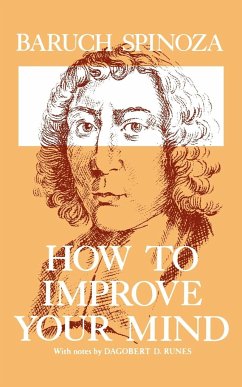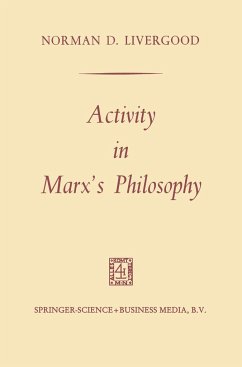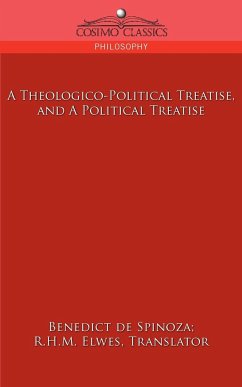
A Theologico-Political Treatise, and a Political Treatise

PAYBACK Punkte
13 °P sammeln!
If men's minds were as easily controlled as their tongues, every king would sit safely on his throne, and government by compulsion would cease; for every subject would shape his life according to the intentions of his rulers, and would esteem a thing as true or false, good or evil, just or unjust, in obedience with their dictates. -from "That in a Free State Every Man May Thing What He Likes, and Say What He Thinks" An early voice calling for reason as the ruler of the human mind, and a man with, at best, a Deistic outlook on religion, Spinoza is perhaps the first truly modern philosopher. He ...
If men's minds were as easily controlled as their tongues, every king would sit safely on his throne, and government by compulsion would cease; for every subject would shape his life according to the intentions of his rulers, and would esteem a thing as true or false, good or evil, just or unjust, in obedience with their dictates. -from "That in a Free State Every Man May Thing What He Likes, and Say What He Thinks" An early voice calling for reason as the ruler of the human mind, and a man with, at best, a Deistic outlook on religion, Spinoza is perhaps the first truly modern philosopher. He is certainly the first modern critic of the Bible. His devoted adherents include many great names of 19th-century literature: Goethe, Coleridge, Shelley, and George Eliot were deeply swayed by his writing; in the 20th century, Albert Einstein claimed Spinoza's deterministic outlook as an abiding influence; understanding the writings of all these figures is greatly enhanced by an appreciation of Spinoza. In Theologico-Political Treatise, first published anonymously in 1670, Spinoza rails against religious intolerance and calls for governments to be entirely secular. His Political Treatise, unfinished at his death, was published only posthumously, and deals with democratic government. Dutch philosopher BENEDICT DE SPINOZA (1632-1677), alternately and paradoxically known as "the best Jew" and "the best atheist," is best known for his Ethics.



